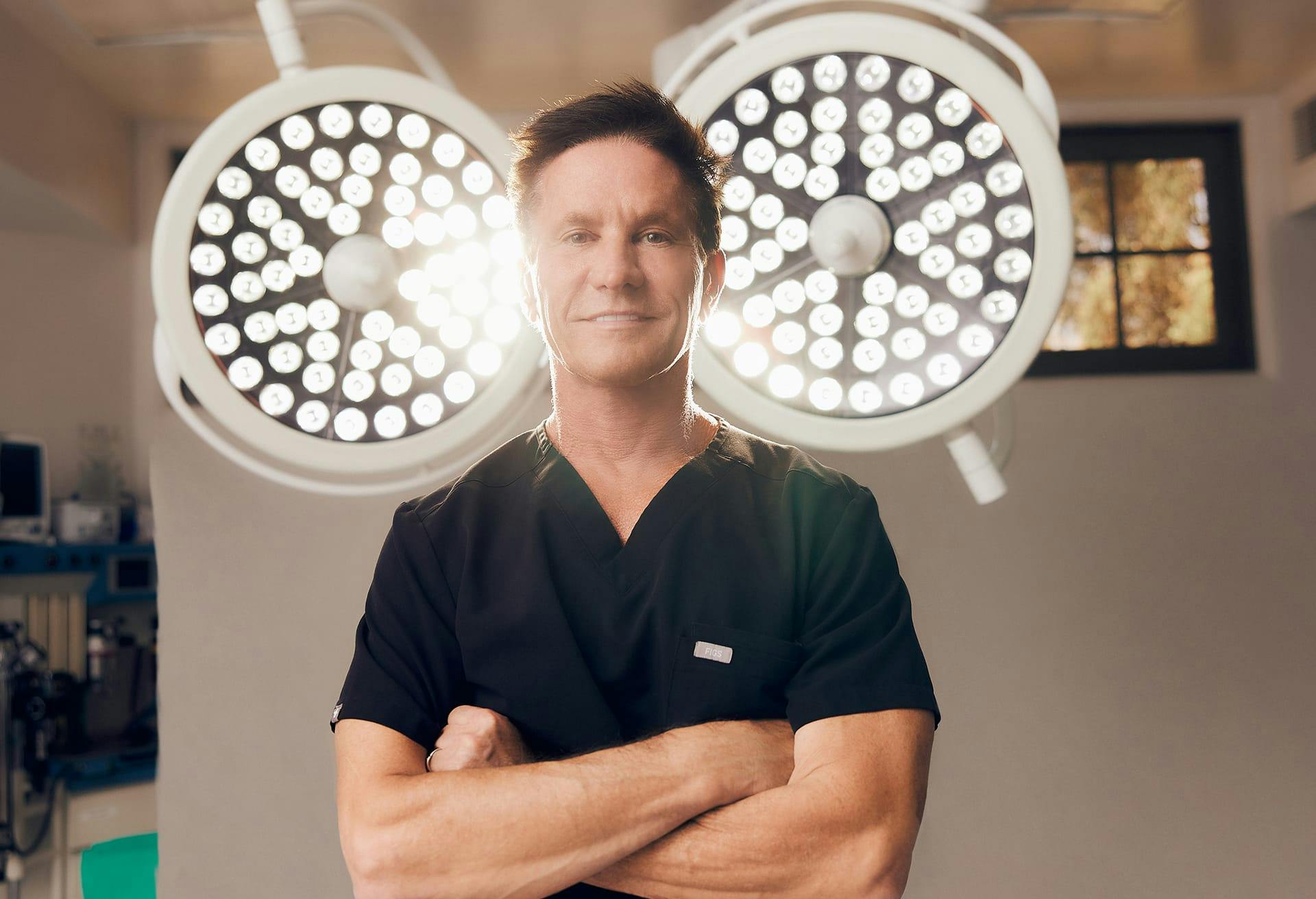It may seem cliche to say, but your selection of a Scottsdale plastic surgeon is probably as important as your decision to undergo plastic surgery.
With today’s economic climate there is an overabundance of doctors practicing “plastic surgery” to supplement their income. In the state of Arizona, any licensed medical doctor can legally perform plastic surgery. With this in mind, the term ‘Caveat Emptor’ (buyer beware) applies. Back in the days of the Old West, someone asked Willie Sutton, a famous bank robber, why he robbed banks. He replied, “Because that’s where the money is.” Unfortunately, this is the same motivation of a significant number of poorly qualified doctors claiming to be plastic surgeons. Remember, your ultimate decision to have surgery and who exactly performs that surgery should not be based on price. You deserve the very best. The same applies to doctors that claim they are “plastic surgeons” without adequate training or experience.
A practicing plastic surgeon should always have privileges at a regional hospital to perform the very procedures you are inquiring about. In thinking as a patient, you should demand that your plastic surgeon perform aesthetic procedures at the most proficient level, and this entails that one complete a formal residency in plastic surgery, and is board certified by The American Board of Plastic Surgery. When researching procedures such as Facelift or Rhinoplasty, it is imperative to find a surgeon, with in my opinion, at least 10-15 years of experience performing these procedures with an abundance of before and after photographs to review. These are the most technically demanding procedures that incorporate technical finesse and aesthetic judgment that take many years in practice to master.






